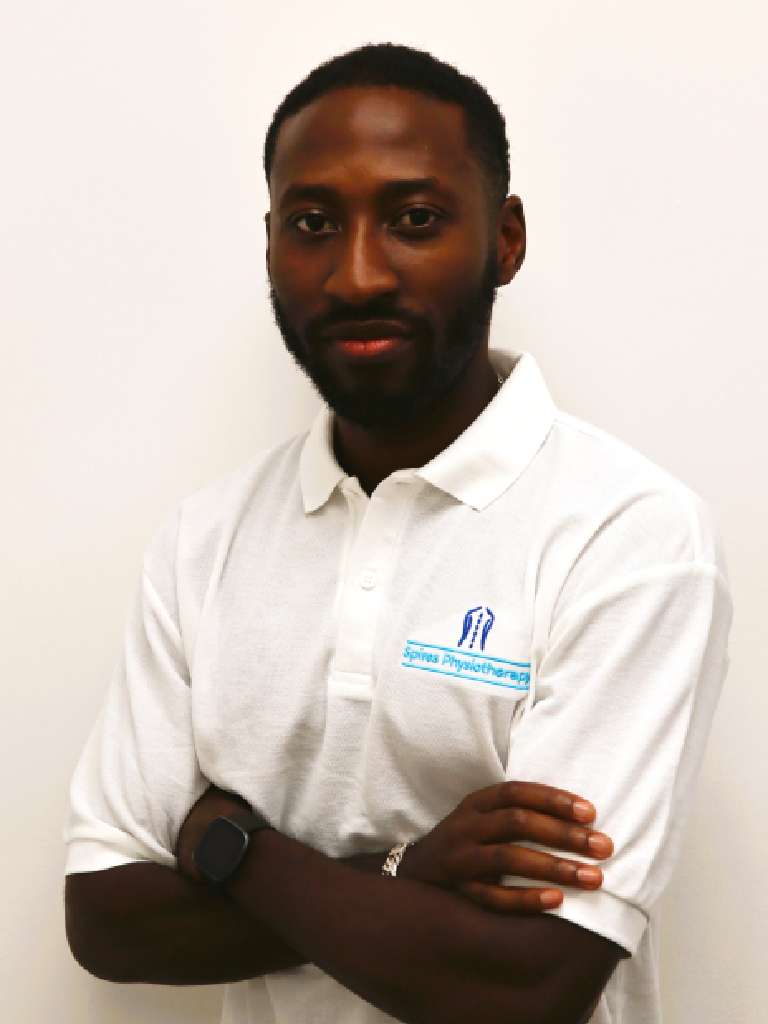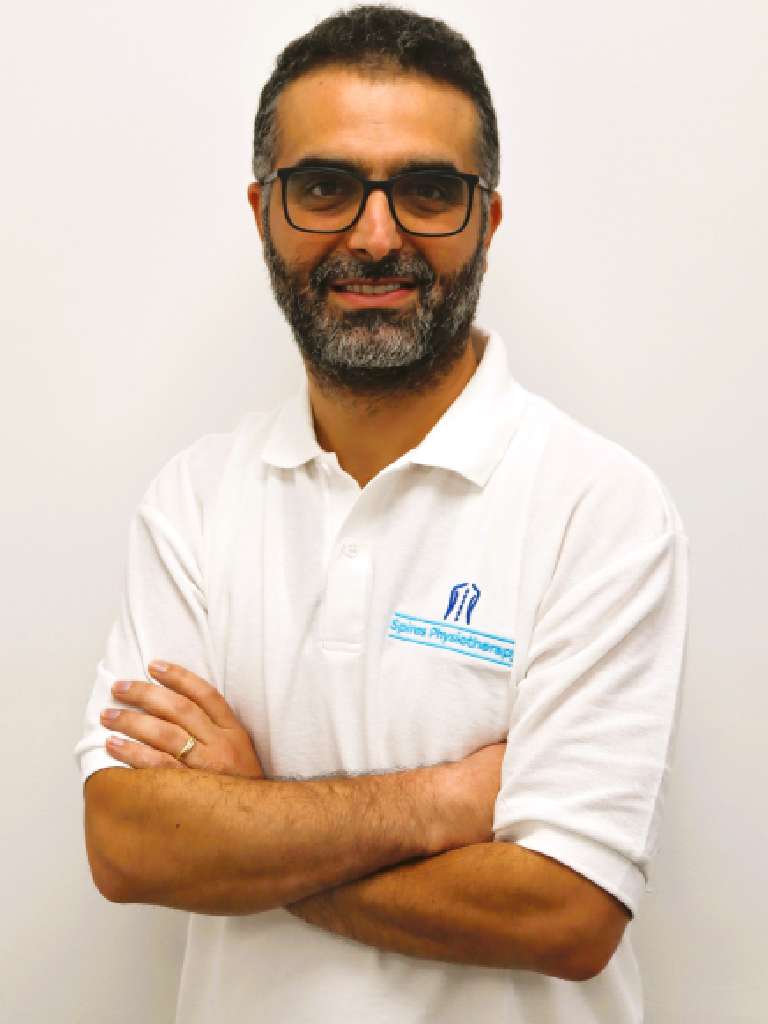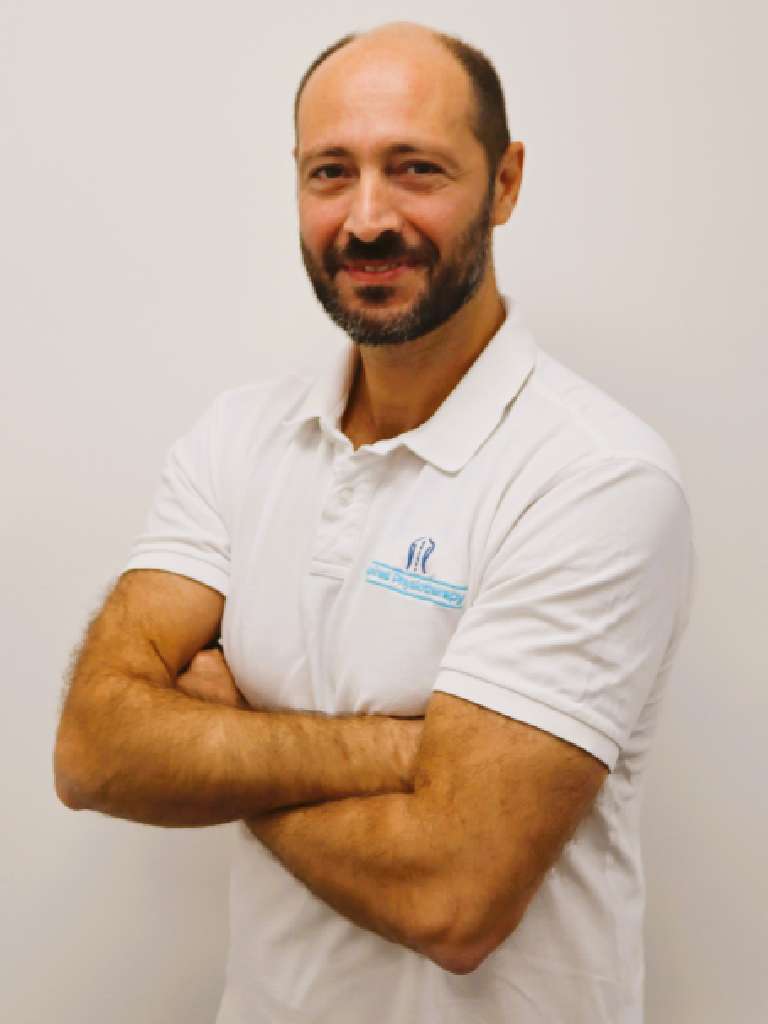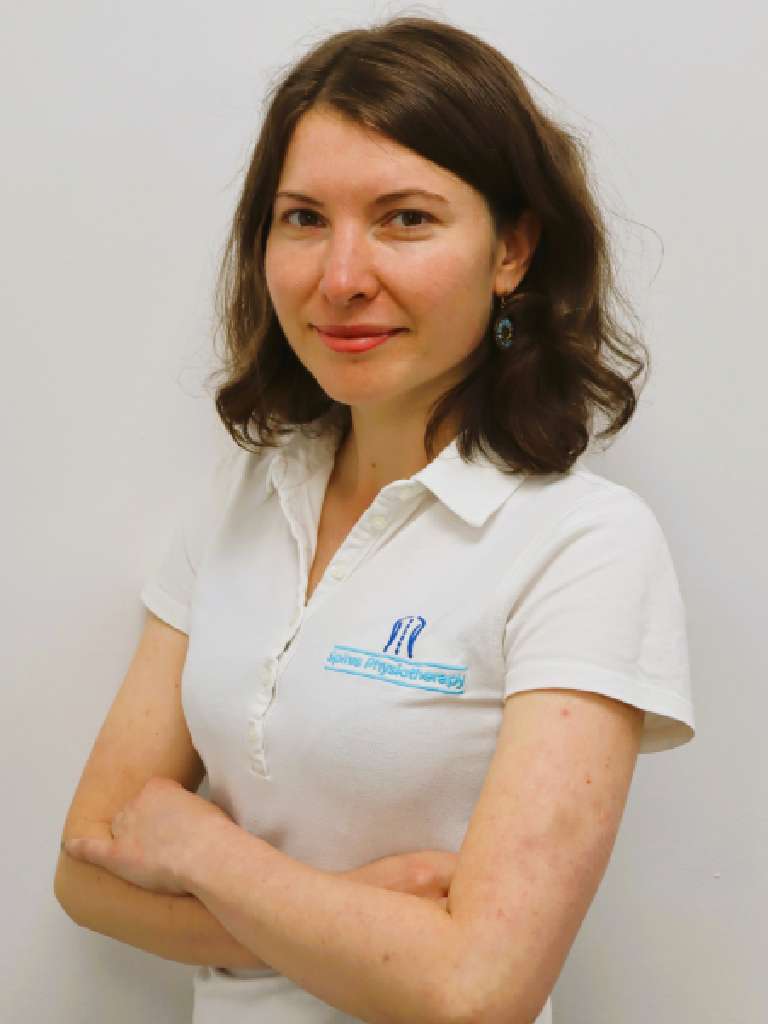Osteoarthritis is extremely common and effects millions of people worldwide. Approximately 1 in 5 adults over the age of 45 has osteoarthritis of the knee. I know what you’re thinking, that’s not very old to have arthritis but it’s true. Arthritis has always been thought of as a disease of the elderly, a natural part of growing old. Which it is, but the changes in the joint that cause arthritis start much sooner than you think and those changes don’t effect everyone in the same way.
Firstly, what is osteoarthritis? It’s when the joint lining, made of cartilage, breaks down over time and the knee starts to develop wear and tear along the joint surfaces. If it advances, the knee tries to protect itself by growing extra bone around the joint known as osteophytes which can actually make matters worse. Ultimately, it’s a normal part of ageing and occurs in pretty much everybody during their lifetime. Classically, if you were of a mature age and attended your GP practice with knee pain, you would be sent for an x-ray to confirm whether or not you had arthritis. Then some smart researchers decided to scan peoples knees who had no symptoms and found that many many people had signs of wear and tear in their knees without any symptoms whatsoever (REF, REF, REF). This leads us to believe that there isn’t a link between pain symptoms and the amount of apparent wear and tear of a knee joint. Which is the main reason why the national clinical guidelines for knee pain in adults over 45 state that x-rays should not be used to diagnose osteoarthritis of the knee. Instead, a thorough clinical examination should be carried out to confirm the diagnosis and rule out any other causes. If any other causes are suspected, then scans may be requested to further inform the clinician. Anyone experiencing knee pain should seek an assessment by a qualified physiotherapist who can do just that.
The management of knee arthritis is complex and often involves strengthening the muscles around the knee, hip and ankle to help support the leg during activity. Contrary to common belief, staying active is often beneficial and helps to keep the joints healthy and strong, warding off the painful symptoms of arthritis. However, this should be carefully planned and managed with the guidance of a qualified physiotherapist.
Osteoarthritis doesn’t mean you’ll be in pain forever, nor does it necessarily mean you have to give up the activities that you love doing. It can be well managed with guidance from the right healthcare professional and the outcomes are often better if that management starts early. So why wait? If you’re suffering with knee pain and you think you may have arthritis, rather than requesting an x-ray from your GP, book in to see a chartered physiotherapist who can perform a detailed assessment and help guide you through the management of this very common disease.





